As huge protests continue to take place, harassment and violence are escalating
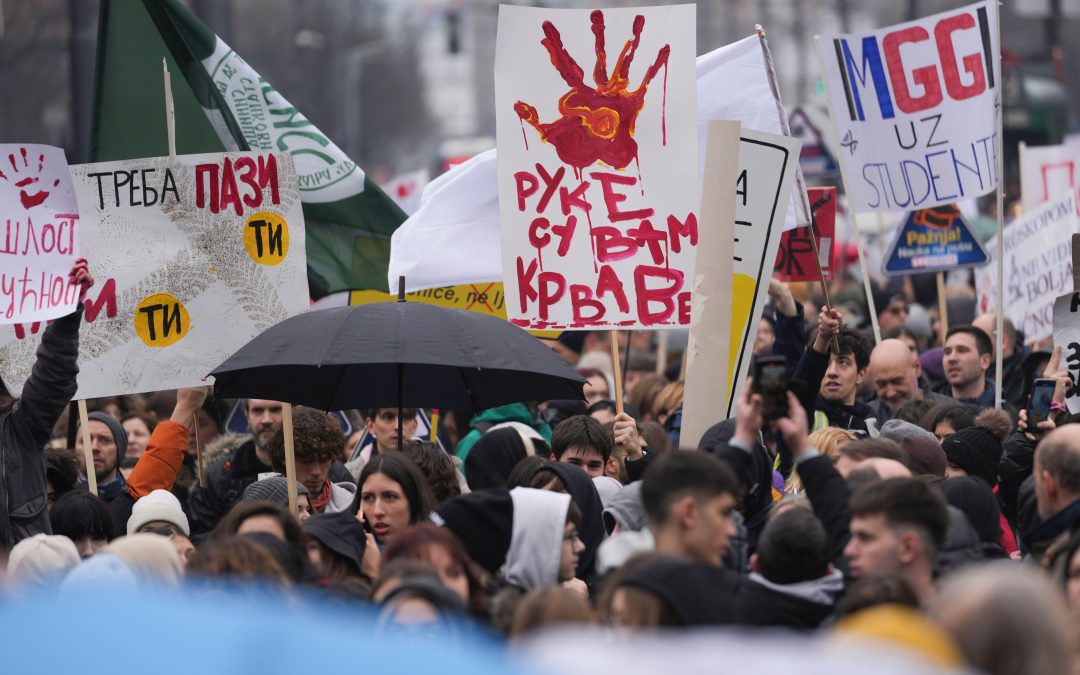

As huge protests continue to take place, harassment and violence are escalating
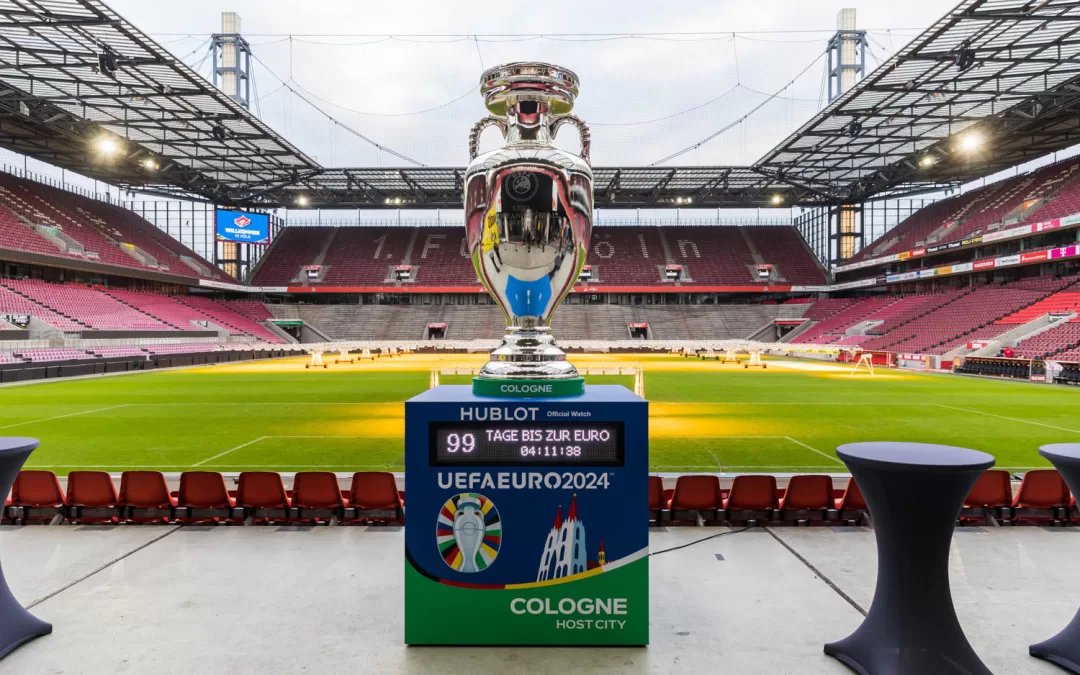
UEFA’s plan to keep politics out of football at this summer’s European Championships has been difficult to enforce

Nerma Jelacic argues revisionists are manipulating free speech defenders
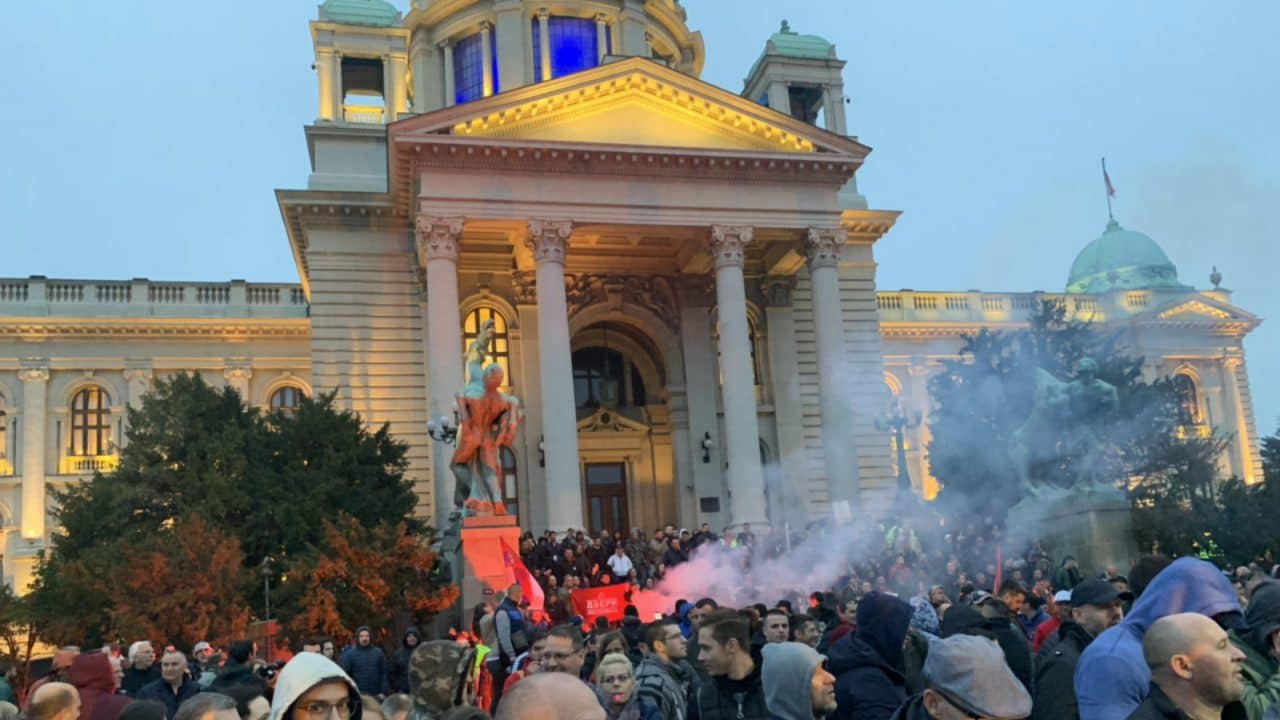
Every Saturday, for the past five months, thousands of people have gathered on the streets of Serbian capital Belgrade to voice their dissent against President Aleksandar Vučić’s authoritarian tendencies and increasing control over the country’s media.
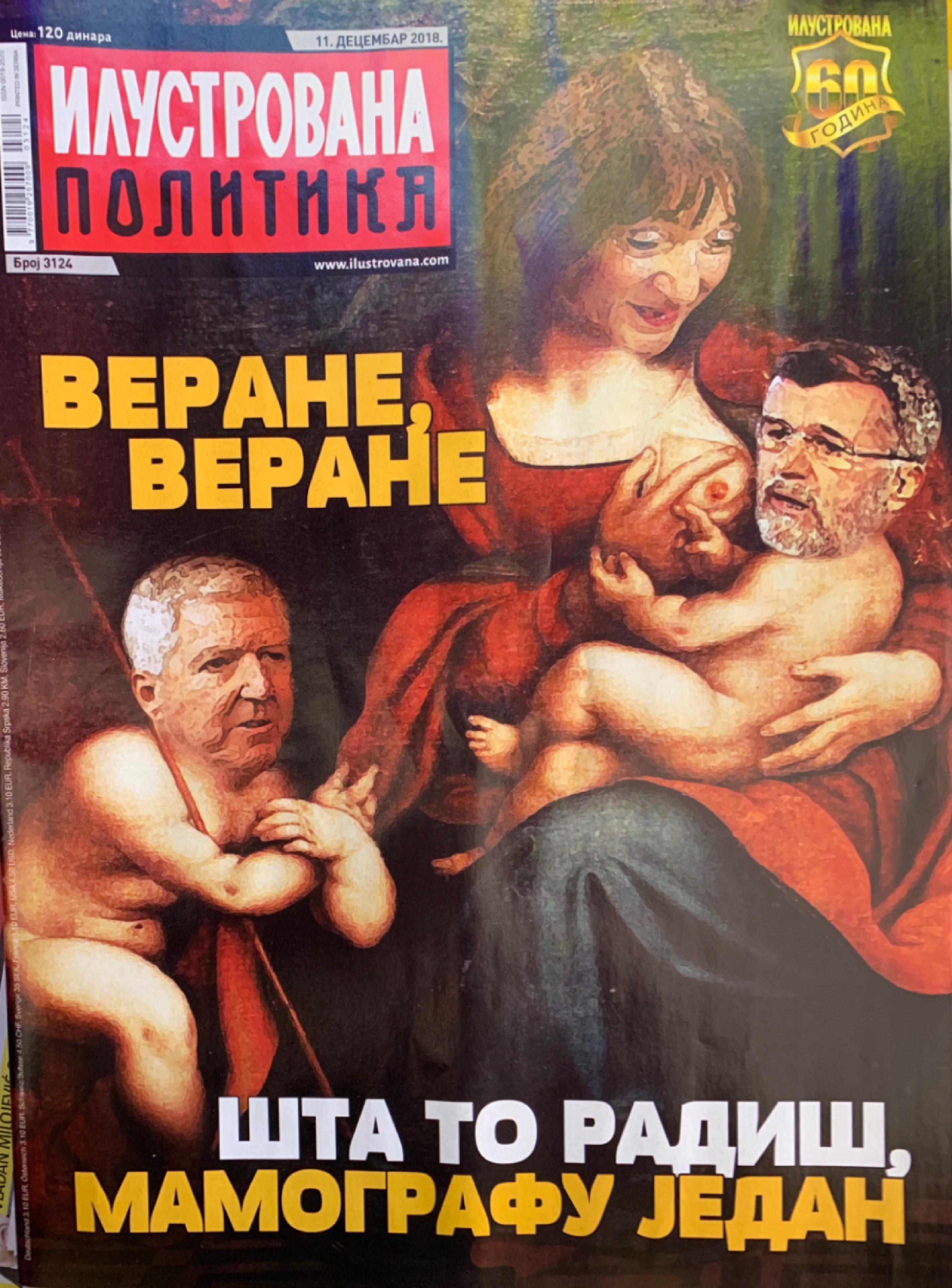
Unpatriotic behaviour. Sedition. Being in the pay of shadowy external forces. Faking a neo-Nazi event. These are just a few of the charges that have recently been levelled against independent journalists by pro-government media outlets in several central and eastern European countries.
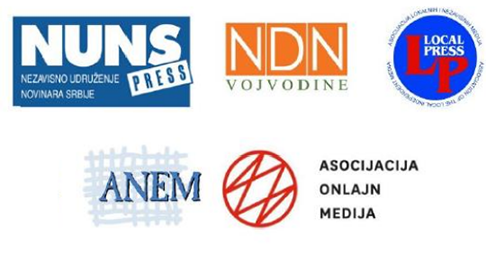
Five Serbian media associations have written to Index on Censorship to raise their concerns about the media environment in the country.
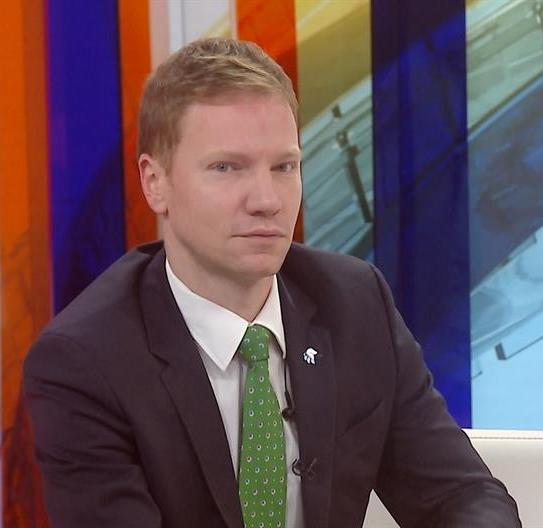
Milan Antonijević uses the rule of law as his main line of defence in human rights protection.

“It’s difficult for me to believe that the motives behind so many frequent and intense inspections are anything but political”

[vc_row][vc_column][vc_column_text] Index on Censorship’s Mapping Media Freedom project verifies threats, violations and limitations faced by the media throughout the European Union and neighbouring countries. Serious threats verified by the...
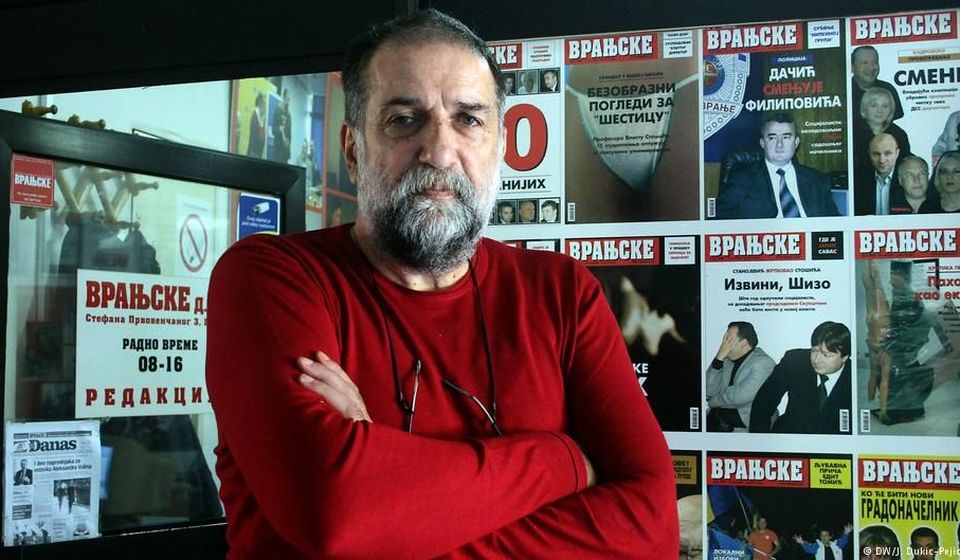
After more than twenty years of investigative reporting, one of the most trusted weeklies in Serbia, Vranjske Novine, was forced to shut down.